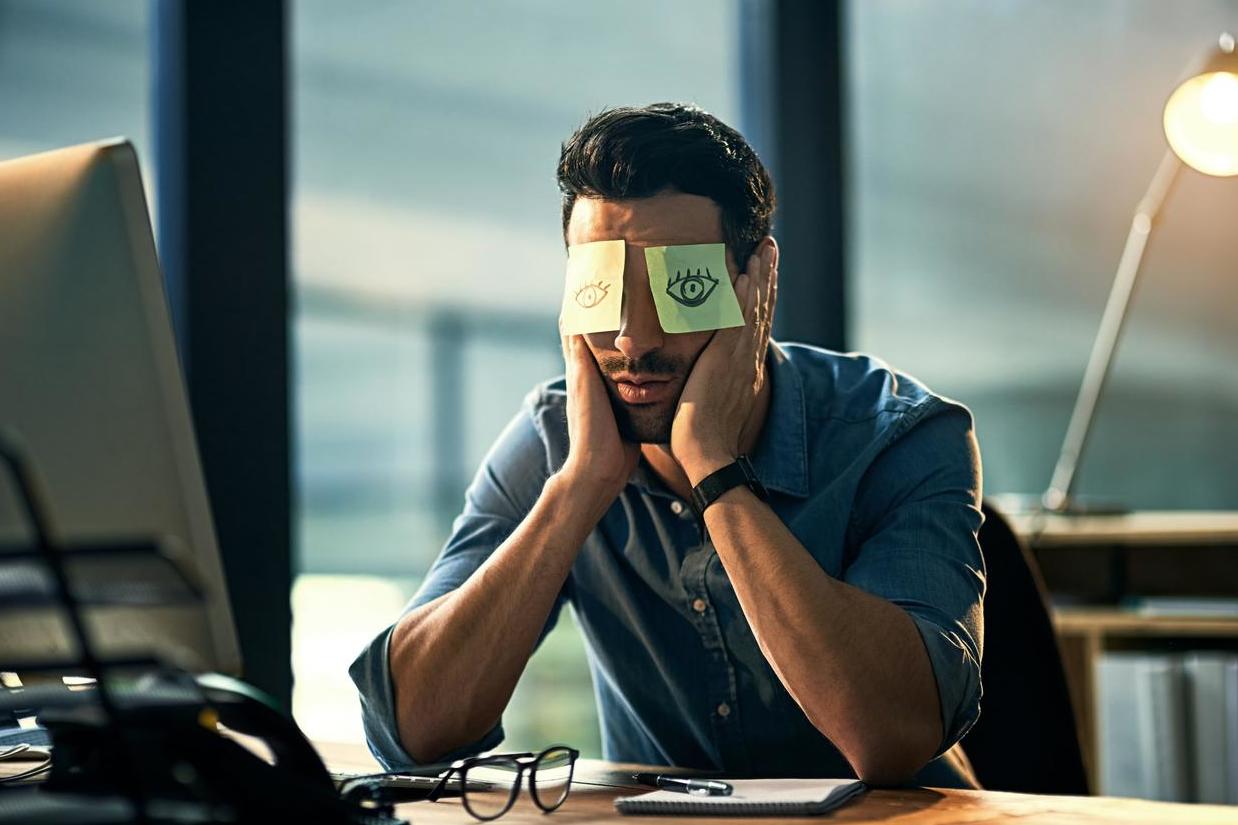The Independent's journalism is supported by our readers. When you purchase through links on our site, we may earn commission.
The secret to getting more done at work revealed
Say goodbye to late nights in the office

From checking your phone to looking out the window and hanging out in the kitchen, there’s a long list of things we do in the office when we’re really meant to be working.
But what harm can a few minutes of distraction really do? Well, according to one college professor, quite a bit.
During our workday we tend to fill moments of boredom with pointless errands like scrolling through social media or making cups of tea, but as it turns out doing so could seriously harm your ability to focus.
This is because while becoming distracted may seem like it only affects us for a few seconds, in reality it contributes to a substantial reduction in productivity and affects our ability to deal with the most challenging kinds of work – otherwise known as “deep work.”
Instead, Cal Newport, a computer scientist at Georgetown University and author of Deep Work: Rules For Focused Success in a Distracted World, says the answer to becoming more productive is to embrace boredom.
“Much in the same way that athletes must take care of their bodies outside of their training sessions, you’ll struggle to achieve the deepest levels of concentration if you spend the rest of your time fleeing the slightest hint of boredom,” he writes.
So, what can you do to avoid staying late after constant interruptions throughout your day?
In his book, Newport suggests scheduling breaks for distractions as this will allow the brain to deeply focus on the task at hand and, in turn, generate better productivity in the long run.
Similarly, setting a specific time frame to complete a task will discourage distractions and help you get the most out of “deep work” sessions.
But, if that doesn’t work you might need to delete all traces of social media.
While this might sound drastic, Newport argues that a trial period of 30 days abstinence is the best way to reassess your dependency on checking apps like Facebook, Instagram and Twitter during work hours.
Join our commenting forum
Join thought-provoking conversations, follow other Independent readers and see their replies
Comments
Bookmark popover
Removed from bookmarks